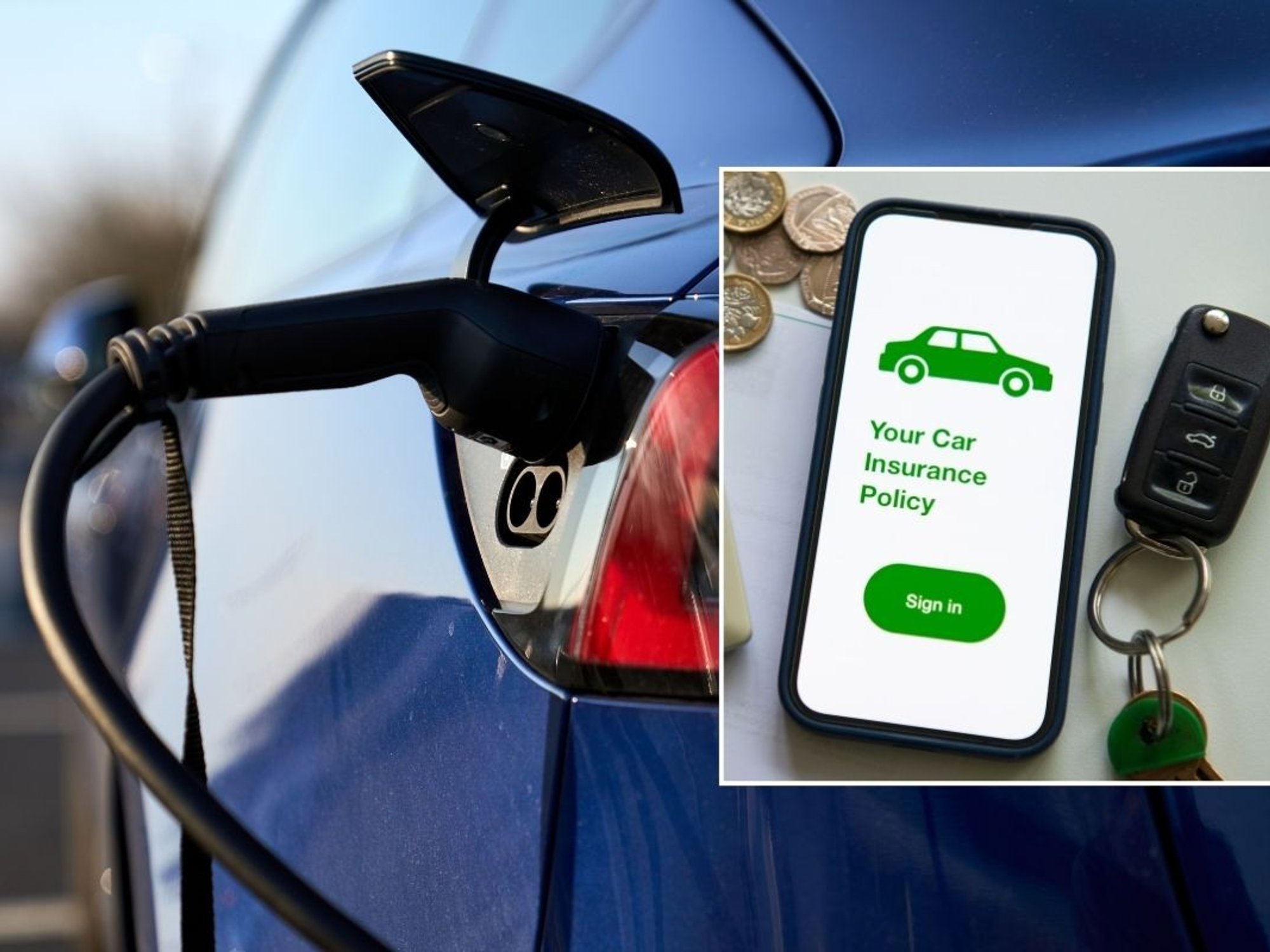Driving law changes launched recently could have huge impact on Britons and see them fined for parking

Some drivers were given a grace period for the new parking rules
Don't Miss
Most Read
Latest
Drivers are being warned about new motoring law changes which they may have missed that could see them save money on their fuel or hit with huge fines.
Following a bumper year of new rules for drivers in 2023, the Government and local authorities have continued to update guidance for Britons and their experience on the road.
Regional law changes could also catch drivers out and potentially see them on the receiving end of fines, as seen by the new rules for motorists in Edinburgh.
GB News has rounded up the most important new driving law changes you may have missed over the last 30 days.
Do you have a story you'd like to share? Get in touch by emailing motoring@gbnews.uk
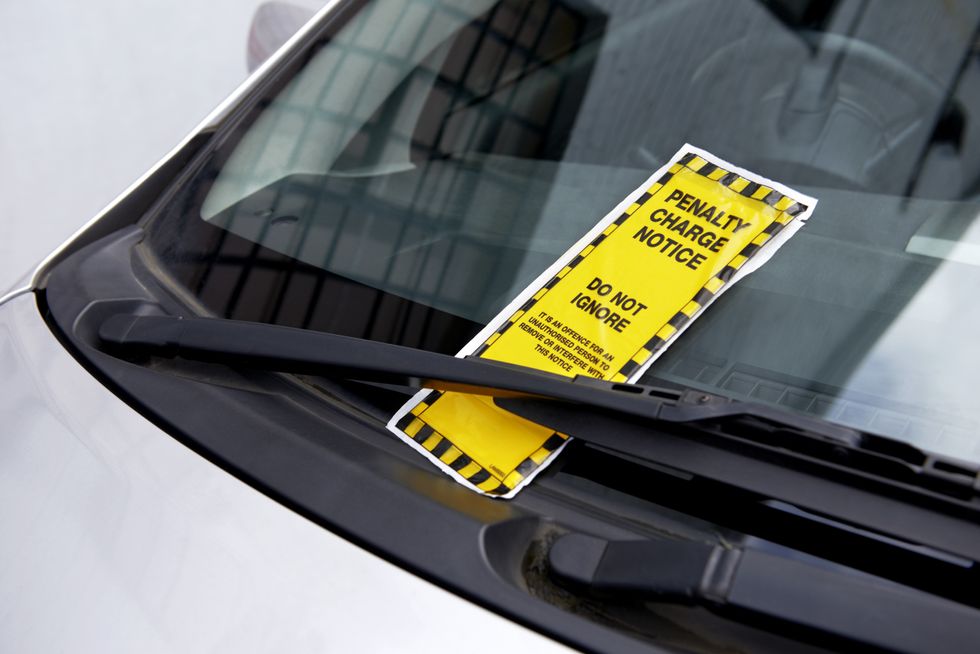
People found to be parking on the pavement in the Scottish capital may be fined
|GETTY
Pavement parking
January 29 saw the introduction of fines for drivers in Edinburgh who are found to be parking on pavements, double parking, parking at crossing points and parking on verges which lie between roads and pavements.
Scotland became the first country in the UK to give councils the power to fine drivers for parking infractions on December 11, 2023, although cities like Edinburgh gave drivers a grace period.
The move has been backed by a number of road safety experts and charities who say people with wheelchairs and buggies have been hampered by people parking in an inconsiderate manner.
GB News’ North West Reporter Sophie Reaper spoke with residents in Merseyside who overwhelmingly said they would support the use of fines for people who park their cars on the pavement.
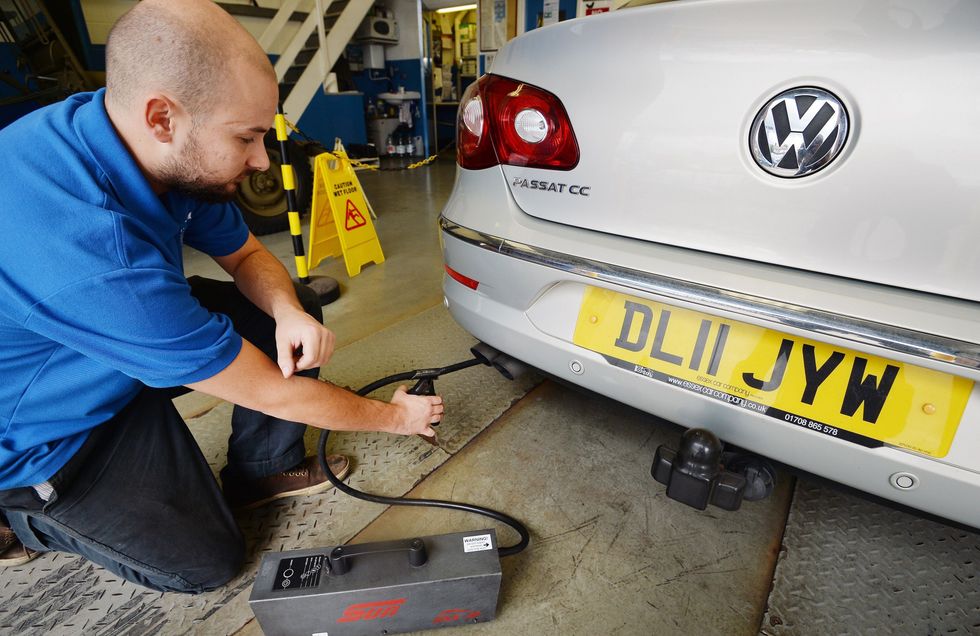
New decisions could be made about diesel emissions tests
|PA
MOT tests
The Driver and Vehicle Standards Agency (DVSA) announced that it would not be taking forward measures to move the date of a vehicle’s first MOT test from three years to four years.
The Government also stated that it would look to create a more effective test for diesel particulate emissions as well as whether improvements can be made for EV tests and the transfer of some zero emission vans to more standard, car-style MOT testing.
Some less significant announcements were also made, dictating how garages can act when performing an MOT test and dealing with employees.
Digital monitors must be available to view the MOT test when requested by the vehicle owner and garages must submit a basic DBS check for new testers, an existing tester adding an additional group (A or B), a tester returning after a disciplinary period of 28 days or a longer cessation of two or five years, or a tester returning after being lapsed or suspended from testing.
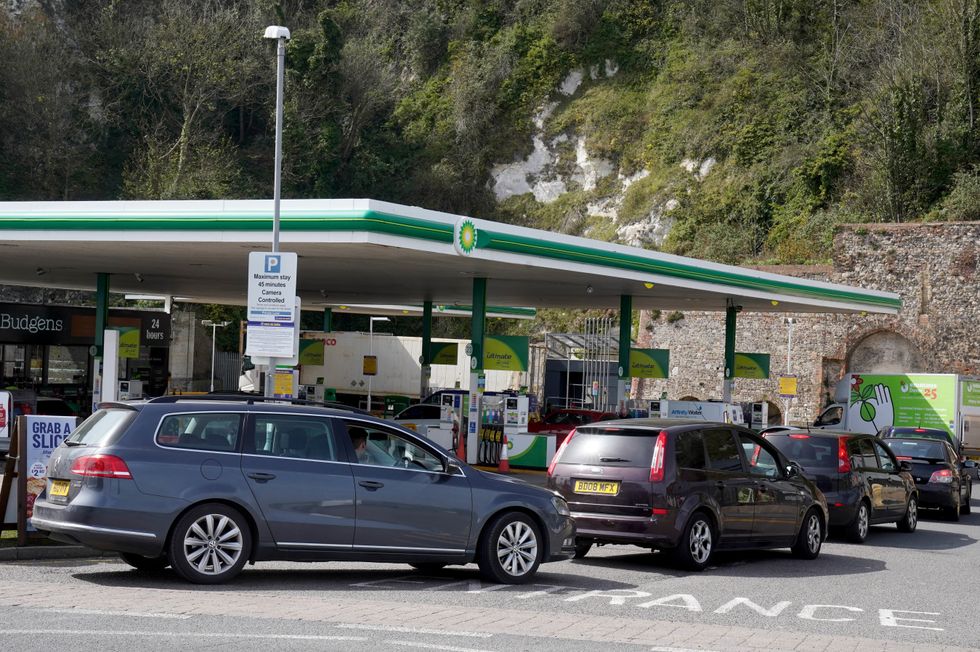
The new changes could allow drivers to save 3p per litre by finding the cheapest station
|PA
Fuel prices
The Government fulfilled a long-standing promise earlier this month by introducing PumpWatch, a measure forcing fuel retailers to share their petrol and diesel prices within 30 minutes of any changes.
It is hoped this tool will make fuel retailers become more competitive with prices and force down petrol and diesel prices for hard-pressed motorists.
The Department for Energy Security and Net Zero (DESNZ) expects the updated prices to be available through apps, websites, maps and in-car devices.
Drivers could save 3p per litre by searching for the cheapest prices in their local area, with the new measures set to make it easier than ever.
LATEST DEVELOPMENTS:
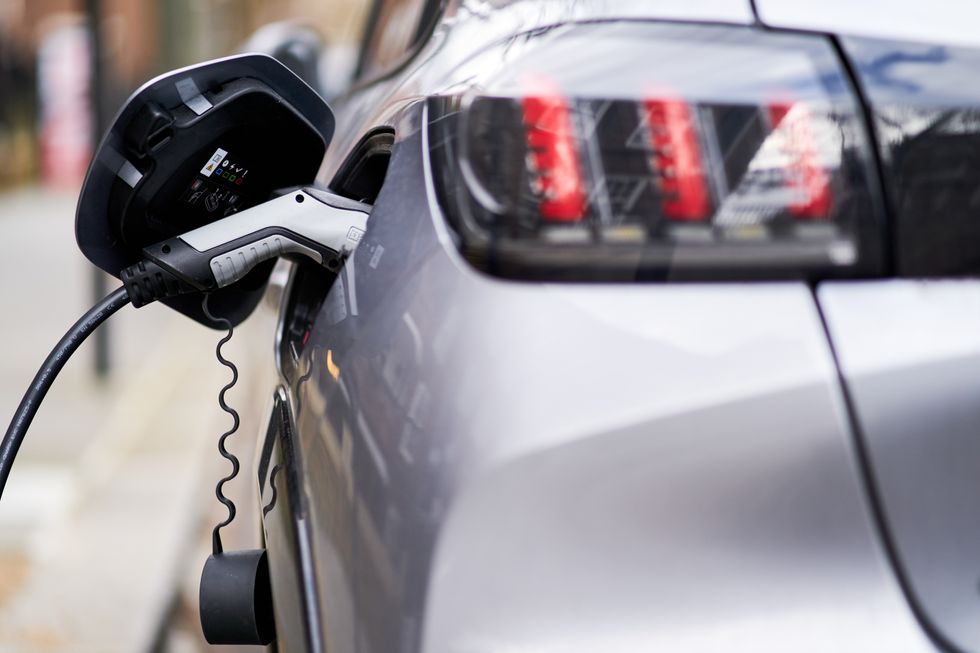
The new ZEV mandate could see manufacturers hit with fines
|PA
Electric cars
The Government launched a major net zero measure at the start of the year through the Zero Emission Vehicle mandate, meaning car manufacturers must ensure that at least 22 per cent of car sales and 10 per cent of van sales are fully electric.
Gradual increases will be seen over the coming 11 years, reaching 80 per cent of car sales by the end of the decade before all new car and van sales need to be zero emission in 2035.
Manufacturers who fail to meet the new minimum limits can be hit with huge fines including £15,000 per car and £9,000 per van.






